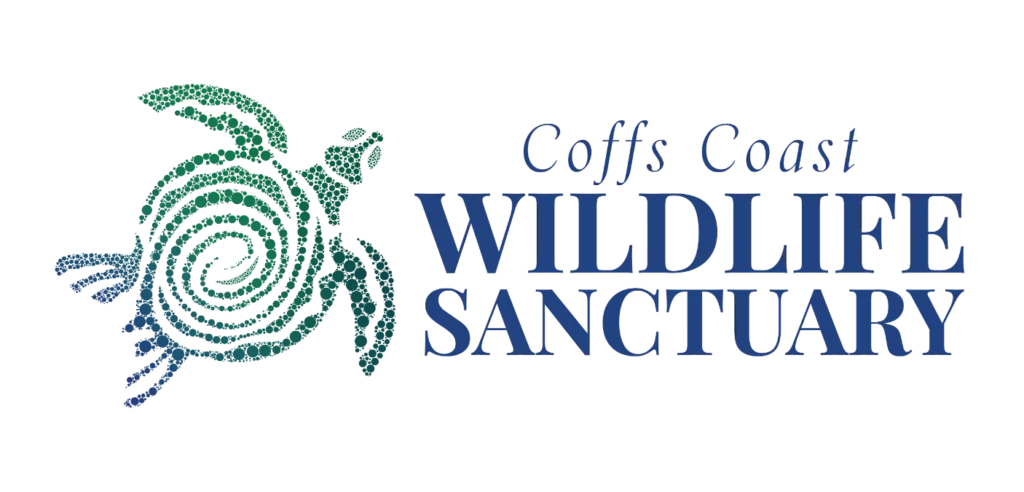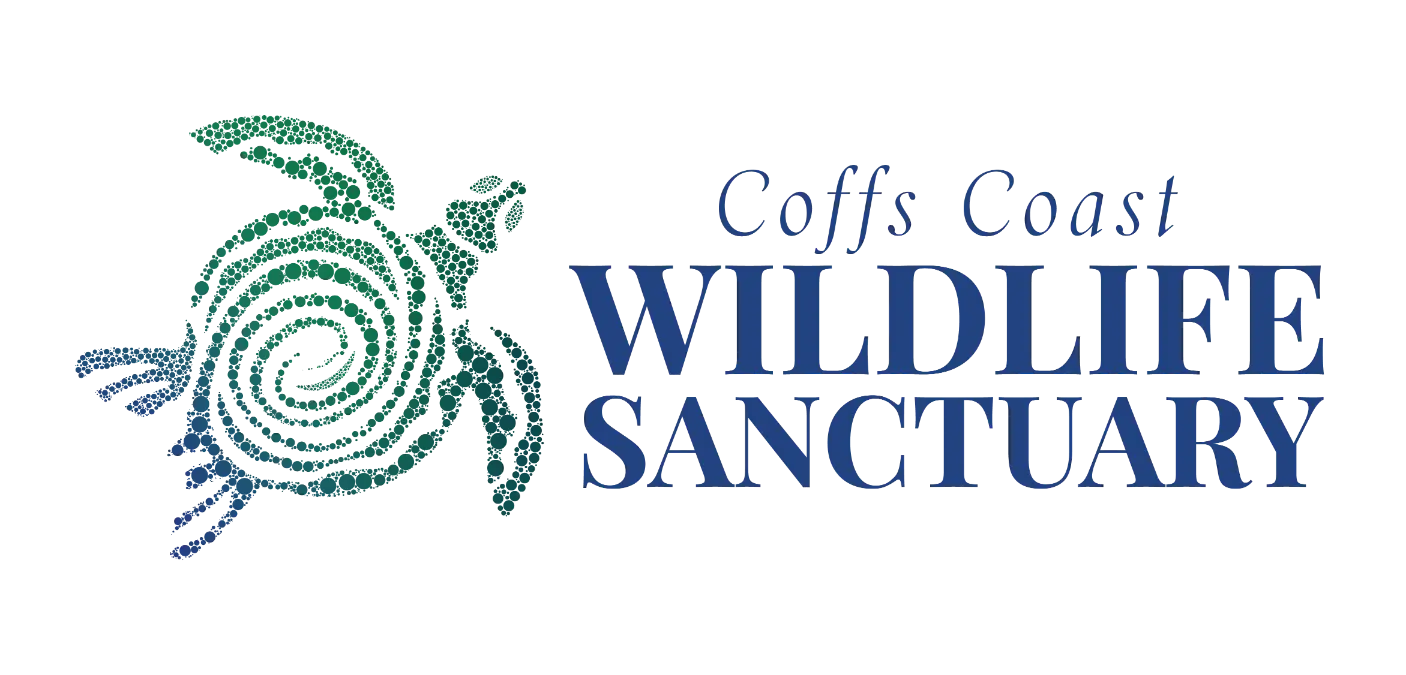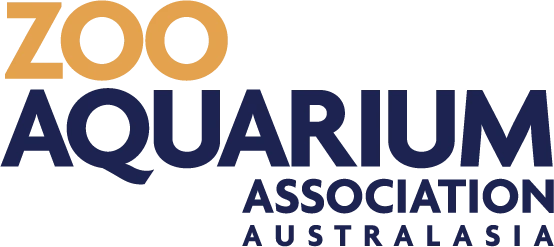Frequently Asked Questions
General information for visitors
Can I take my own photos?
Yes, private photos and videos can be taken of any public activity at the park. Please respect our animals and other visitors and allow plenty of space for our animals. All requests for images and video for commercial use must be approved by management. Please email manager@ccws.org.au
Do I need to print off my receipt when I buy tickets or vouchers?
No, you do not need to have a printed receipt, just show us the image from your smart phone or quote the receipt number and the name of the guest who bought the tickets or voucher.
Do you have food available at the sanctuary?
Yes, we do. Peckish Penguin at the Sanctuary overlooks Coffs Creek and is open from 730am – 2pm daily (3pm during school holidays). The café offers a selection of snacks, cakes, and light meals, coffee and tea, and cold drinks. You can access Peckish Penguin without attending the sanctuary, and still support the sanctuary’s work in care and conservation of our local wildlife.
Check out the Peckish Penguin here.
Do you have group rates?
Yes we do. We offer reduced rates for groups of 10 – 25 people and for groups of 26 or more. If you arrive in a coach the driver is free of charge. Please call 02 6659 1910 for group bookings so that we can reserve seating.
How much time should I allow to experience everything at the sanctuary?
Please check the daily schedule link on our website before you arrive to check the most up to date & current times.
When are you open?
Coffs Coast Wildlife Sanctuary is open from 10am – 2pm daily, except for Christmas and Boxing Day. During school holidays, the sanctuary is open until 3pm.
Peckish Penguin at the Sanctuary is open from 730am – 2pm daily for eat in or take away.
Where are you located?
We are located at 65 Orlando Street, Coffs Harbour, situated on the Mid North Coast of New South Wales.
Can I bring my assistance dog into the park?
Unfortunately, no. Assistance dogs are not permitted. Due to safety and welfare concerns for our resident animals, and in compliance with NSW government regulations, assistance dogs are not permitted in our marine conservation park. However, you are welcome to attend the park with a carer and one of our team can care for your dog during your visit. You are also welcome to attend the Peckish Penguin café with your assistance dog. We apologise for any inconvenience. Please chat with our bookings team on 02 6659 1910 if you need more information.
About the animals
Do you breed animals at the Sanctuary?
Many animals have been born at the sanctuary as part of species conservation programs, including Little Blue Penguin chicks and sea lion pups.
Plans for these species are carefully developed in collaboration with organisations such as the Zoo and Aquarium Association (ZAA) and other zoological facilities within the region. These plans ensure a healthy gene pool and that every animal born or hatched in Australia has a home.
Do you breed dolphins?
No. We stopped breeding dolphins in March 2018 in response to changing public opinions and to align with our vision as a world class marine conservation organisation.
The dolphins in our care are the prodigy of rescued dolphins that lived in our park and were deemed unable to be released. To ensure optimum welfare all dolphins participate in a comprehensive range of behavioural programs from play to mock foraging for their food. They also voluntarily participate in their health care. While reproduction is no longer part of their lives, the dolphins will continue to experience dynamic and enriching social interactions.
There is strong scientific evidence that supports the link between breeding and the positive welfare of animals under human care that cannot be released back to the wild. We work closely with the Zoo and Aquarium Association (ZAA) to ensure that our animals’ welfare remains positive in the absence of our females rearing young.
How much time do the animals spend interacting with people at the Sanctuary?
The ‘Standards for Exhibiting Seals in NSW’ are among the most stringent marine mammal standards in the world. They allow seals to interact with people for up to two hours each day.
Presently the NSW dolphin standards do not place any limits on the number of time dolphins are allowed to interact. However, at Coffs Coast Wildlife Sanctuary we limit the interaction time to a maximum of two and a half hours a day. This limit includes any time when the animals participate in presentations, educational lessons, swims and other water-based programs, feeding and other interactions with visitors.
It is important to note that these are maximum limits. In reality, the animals spend much less than two and a half hours a day interacting with visitors.
Animal rescue
What should you do if you find a sick or injured animal?
For marine animals, contact the Coffs Coast Wildlife Sanctuary, or National Parks and Wildlife Services (NPWS) immediately.
Coffs Coast Wildlife Sanctuary can be reached on 02 6659 1910 during office hours, or 0455 591 901 after hours.
National Parks and Wildlife Services can be contacted on 02 6652 0900.
It is important to remember that seals regularly haul to rest on beaches and rocks. This is not a sign that they need help, but if you are worried about them please contact either Coffs Coast Wildlife Sanctuary or National Parks and Wildlife Services on the numbers provided above. Please do not approach these animals and make sure you keep your domestic animals at bay. Wild animals may have an illness that might be transferable to you or your pet.
What experience and qualifications do your team members have?
Our team members come from a wide range of backgrounds and experiences. Roughly half of the marine team come from a marine science background and have studied at university before beginning their career in the care of animals. Other members of the team have previous experience at other parks and have formal zoo keeping and animal management qualifications which is the benchmark qualification for anyone working in a zoological facility in Australia. In all, the small team of animal carers at the park have over 100 years of combined experience in the care of marine animals.
No matter their background, the one thing that all our team members have in common is a passion for marine conservation and a love for the animals in their care. Not only do the marine team frequently volunteer their own time, day or night, to rescue, rehabilitate and release injured marine life at the park but many members of the team also volunteer their time to help other animal rescue groups or voluntarily assist organisations such as the New South Wales National Parks And Wildlife Services in scientific research.
Why can’t your animals be released into the wild?
The animals at Coffs Coast Wildlife Sanctuary are unable to be released into the wild due to either injury that they have previously sustained in the wild (the reason they were rescued) or because they have been born under human care and don’t possess the necessary skills needed to survive in the open ocean.
Past attempts that have been made to retrain animals that have lived under human care for release into the wild have not only been notoriously expensive but also has a very slim track record of success. Even Paul Watson, the founder of Sea Shepherd, noted in his article “The cult of Animal Celebrity” (Animal People: June 1995) that money spent attempting to release high profile animals back into the wild is wasted money that could have been better spent highlighting other major environmental issues.
Many famous release attempts have ended tragically for the animals released including Keiko, the Orca made famous in Free Willy, who died suddenly after tens of millions of dollars were spent attempting to train him for release back into the wild or the dolphins from the Atlantis Marine Park in Western Australia who either vanished upon release and are assumed to have died or had to be returned to human after being found in extremely poor health.
Although our animals cannot be released, we provide our animals with the best possible care at Coffs Coast Wildlife Sanctuary. And, by offering close-up experiences with our animals, guests are inspired to conserve and protect the wild animals that live in our oceans.
In-water experiences
Can my children get into the water with the seals and dolphins?
Yes, they can, however they do need to meet specific age requirements, and advanced bookings are essential. Please call bookings on 02 6659 1910 for more information.
Do I need to print off my receipt when I buy tickets or vouchers?
No, you do not need to present a printed receipt, just show us the image from your smartphone or quote the receipt number and the name who bought the tickets or voucher.
Can I get into the water if I’m pregnant?
No. Although our animals are all well trained and very friendly, some weigh more than 150 kilos and could accidentally cause harm or injury if they were to bump against you during your activity.
Can I get into the water if I have a disability?
Yes. Provided safety conditions are met, people with special needs can enter the water with our dolphins. We need to know if you are mobile and can follow directions from our team. If not, your personal carer can assist you in the water, free of charge. We offer special experiences all year round. Ask our friendly bookings team for more information on 02 6659 1910.




